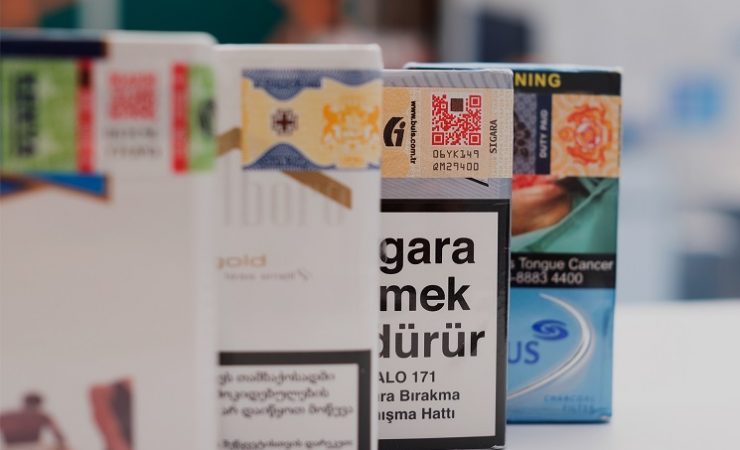The International Tax Stamp Association (ITSA) has urged a new working group on tobacco track and trace systems to call on industry experts to help shape credible standards for the implementation of secure, independent systems.
The group has been created following a first meeting of the parties (MOP) to the World Health Organisation (WHO) FCTC Protocol to Eliminate Illicit Trade in Tobacco Products. The group’s purpose is to create a best-practice framework relating to national or regional track and trace and unique identification (UID) systems, and to explore the feasibility of creating a global information-sharing system.
The European Anti-Fraud Office (OLAF) has estimated that the illicit trade in tobacco products drains €10 billion annually from EU and national budgets. Track and trace systems can help tackle this by drive down fraud and protecting human well-being. Tax stamps are at the heart of many track and trace systems currently in operation, with more than 150 revenue agencies globally using them to collect tax duties and excise payments. This sees some 140 billion stamps produced worldwide each year. As well as providing visible proof of tax payment and revenue collection, tax stamps have also taken on product authentication, anti-tampering, and track and trace applications.
As such, ITSA has welcomed the creation of the group, which will have its first meeting tomorrow (26 November) in Panama. ITSA has now urged the group to work with industry experts to ensure credible standards and specifications are in place before the second meeting of the parties (MOP2) in October 2020. The association has offered to provide advice and support to the head of the MOP bureau.
ITSA chairman Juan Carlos Yañez Arenas said, ‘ITSA members stand ready to share their experience and expertise in any appropriate way with parties to the FCTC Protocol and members of the working group. It is essential that this group has access to, and – for its credibility – is seen to have considered, all legitimate options if it is to make the right recommendations.
‘Our members have deep, practical expertise of what works on the ground. Their technology has powered several highly effective track and trace programmes – many of which use tax stamps – that have helped to reduce the fraudulent trade of cigarettes and allowed revenue agencies to recoup significant sums of excise monies. The effectiveness of these programmes has been recognised in several international reports, including one by the World Bank which highlights programmes in operation in Canada, Georgia, Chile, Colombia, Ecuador, Malaysia and Kenya. All of these programmes use systems created by ITSA members.’
ITSA was founded by several leading industry companies and stakeholders to ensure a better understanding of the benefits of tax stamp programmes and to promote the highest professional standards within the sector.
ITSA was founded by several industry companies and stakeholders to ensure a better understanding of the benefits of tax stamp programmes and to promote the highest professional standards within the sector. ITSA brings together suppliers of tax stamps and traceability systems. Members include Advanced Track & Trace, Agfa, Kurz, Luminescence Sun Chemical, Securikett, and the holography division of Uflex.
Continuing his thoughts on the need to seek expert advice to implement secure and credible track and trace systems, Mr Yañez Arenas made clear that it is crucial that the working group demonstrates its independence from the tobacco industry.
‘This is a core requirement of the WHO FCTC Protocol,’ he stated. ‘We are concerned about tobacco companies’ influence on the EU track and trace system, which lacks transparency, hands too much power to the industry and is not aligned with the spirit of the protocol. These issues have been highlighted in a recent framework convention alliance (FCA) report, which outlines concerns about the compatibility of specific components of the European track and trace system with the protocol.’




